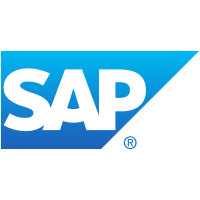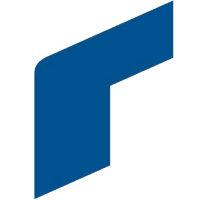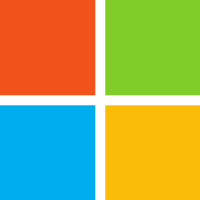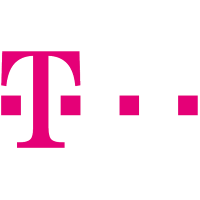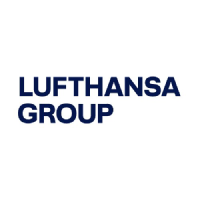Hier ein kleiner Artikel über den Markt e-Signaturen,
den ich bei ZDNet gefunden habe.
Es gibt etliche Klagen gegen Entrust (wegen zu später Gewinnwarnung), aber gegen den CEO konnte ich keine finden.
Im Vergleich zu den Hauptkonkurrenten Baltimore Technologies, Verisign
und RSA Securities ist Entrust geradezu spottbillig (wohl nicht ohne Grund).
Making money from e-signatures
By Richard Shim ZDNet News
When the Electronic Signature in Global and
National Commerce Act becomes law on Sunday,
"it won't have an earthquake effect" on the market
said Bob Pratt, director of product marketing for
digital signature technology provider VeriSign Inc.
But it will complete the one part of the electronic
relationship with the customer that has been missing.
Online deals have been going on for years, but certain
types, such as mortgage closings and stock trading
accounts, could not be closed because they needed
signatures to be legally binding, said Ben Gould senior
VP of marketing for iLumin. The upcoming law will give
electronic signatures the same legal standing as their
paper-and-pen counterparts.
Several companies that stand to benefit from the law
include pioneers Baltimore Technologies, Entrust, RSA
Security Inc. and VeriSign. These companies are
involved in signing users up to digital certificates and
creating programs that authorize and authenticate
digital IDs.
"The new law will speed contract execution, allowing for
signatures in cyberspace at cyberspeed," said John
Megahed, director of research and analysis at PC Data
Online. "Beneficiaries will be the Verisign and Entrusts
of the world."
Frank Prince, senior analyst at Forrester Research,
said the law will be an important enabling step. While
the bigger names in the e signature industry will benefit,
there is even more potential for firms in vertical
markets,he said.
"A lot of fledgling companies will pop up, and most will
specialize by industry," predicted analyst James Van
Dyke, of Jupiter Communications.
The industries to benefit are health care and financial
services, said Van Dyke, because most of the
information in those markets is already digital.
Some of those companies are already in the market
including eOriginal, which helps users close a
mortgage, and ePocrates, which allows doctors to sign
prescriptions via wireless communication.
David Thompson, analyst at Meta Group, said financial
services will experience benefits from e-signatures
before health care because it takes longer for new
technology to be taught and accepted in the health care
industry.
But the law may not have tremendous effects on the
e-commerce market overall, at least initially.
Implementation problems and legal challenges will limit
the law's impact on e-commerce for at least five years,
said analyst Prince in a report.


